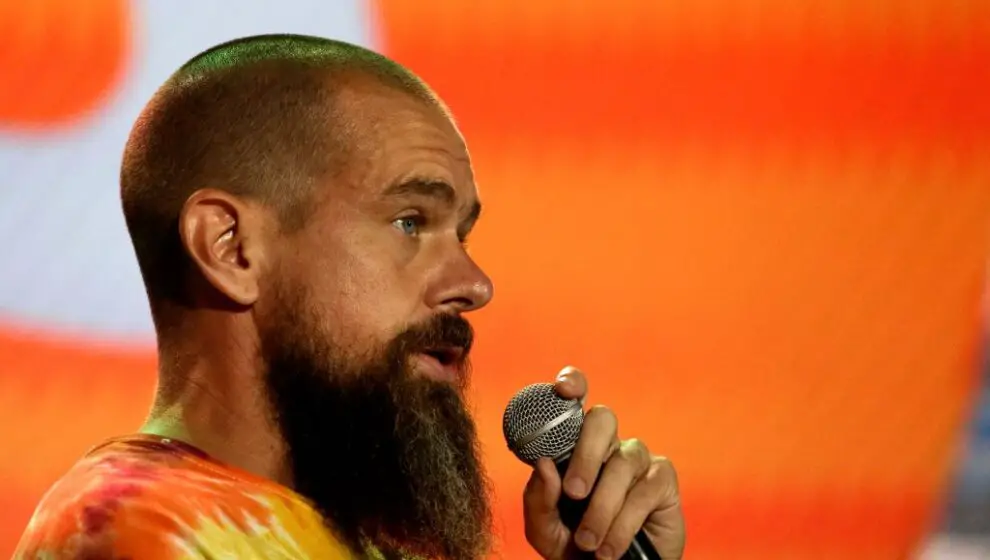Twitter founder Jack Dorsey’s decentralized social media is nearly ready to enter the market—and it already has more than 1 million users.
Key Details
- Bluesky began as a Twitter side project. The idea is a system that allows users to move their social-media followings from one platform to another.
- However, when Elon Musk took over as Twitter CEO, the Bluesky project was among the many plans cut to reduce spending, Forbes reports.
- Musk ended the five-year agreement with Bluesky. Twitter had already paid the startup $13 million.
- Despite Dorsey leaving Twitter in 2022, he has continued to be involved with Bluesky.
- Since Musk’s takeover, some Twitter users have started looking for alternate social-media platforms, making Bluesky a more valuable tool for these nomadic social-media users who do not want to lose their follower count.
Why it’s news
The Dorsey-backed Bluesky has been invite-only, but the waiting list of users is more than 1 million strong. The number of users is limited while the app remains in beta testing, but the company has started inviting users from the waiting list.
So far, the app has been downloaded 245,000 times by iPhone users. More than half of that traffic came this month, Time reports.
Since Musk’s takeover at Twitter, some users have sought alternative social-media platforms to avoid Musk’s seemingly sporadic decision-making. Last week, Musk removed legacy verification marks before restoring some high-profile accounts, causing mass confusion on the site. Some users oppose Musk’s $8 monthly subscription fee to receive verification.
Dozens of alternate social-media sites have cropped up since Musk’s takeover—Mastodon and Nostr are just a few examples. However, Bluesky stands out at Dorsey’s pick.
Dorsey first announced his plans for Bluesky in 2019, though the project was only established and funded at the end of 2021. Dorsey’s vision was a platform that could give users total control of their online identities.
In a 2019 discussion about what Bluesky would be, Dorsey said, “The biggest and long term goal is to build a durable and open protocol for public conversation. That it not be owned by any one organization but contributed by as many as possible. And that it is born and evolved on the internet with the same principles.”
